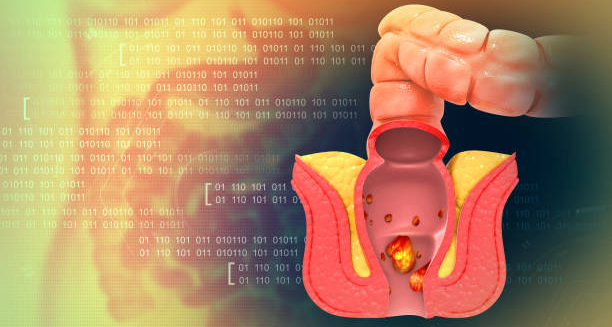Outlook for Haemorrhoids
The long-term outlook for haemorrhoids is generally favourable, particularly when the condition is identified early and managed appropriately. While haemorrhoids can cause considerable discomfort, most cases respond well to conservative treatments and lifestyle changes. The outlook for haemorrhoids varies depending on severity, frequency of recurrence, and adherence to preventive measures.
For many people, piles are a short-term issue that they can control by eating more fibre, drinking enough water, using better toilet habits, and taking simple medicines from the pharmacy. When they follow these steps, symptoms usually get better in just a few days. Also, if they keep up with these changes, the problem rarely comes back. Because of this, the outlook for people with mild or first-time cases is very good.
Patients with more persistent or severe haemorrhoids—such as those who experience frequent prolapse, heavy bleeding, or thrombosed haemorrhoids—may require medical or surgical interventions. Fortunately, modern treatment options like rubber band ligation, sclerotherapy, infrared coagulation, and haemorrhoidectomy are highly effective. Post-treatment recovery varies by procedure, but the risk of long-term complications is low when follow-up care is provided.
Outlook for Haemorrhoids
People often get piles again when they don’t deal with the main problems causing them. These problems include long-term constipation, eating poorly, sitting too much, or not drinking enough water. If they keep ignoring these issues, their symptoms can slowly get worse. As a result, the condition becomes harder to treat over time.. Educating patients about risk factors and reinforcing preventive habits is crucial to improving long-term outcomes.
In rare instances, untreated or poorly managed haemorrhoids can lead to complications such as anaemia, infection, or strangulated haemorrhoids. These situations may require urgent medical attention and prolonged treatment. However, such complications are uncommon with appropriate and timely care.
The psychological impact of chronic haemorrhoids should not be overlooked. Persistent pain, embarrassment, or disruption to daily life may contribute to anxiety or reduced quality of life. For patients experiencing mental distress, empathetic care and reassurance are essential components of holistic treatment.
Outlook for Haemorrhoids
Ultimately, the outlook for haemorrhoids improves significantly with early diagnosis, commitment to lifestyle changes, and medical intervention when needed. Most individuals can expect full recovery with minimal recurrence if they adopt preventive practices and remain proactive about their bowel health. Ongoing patient education, especially for those at higher risk, will help reduce the long-term burden of this common condition.


